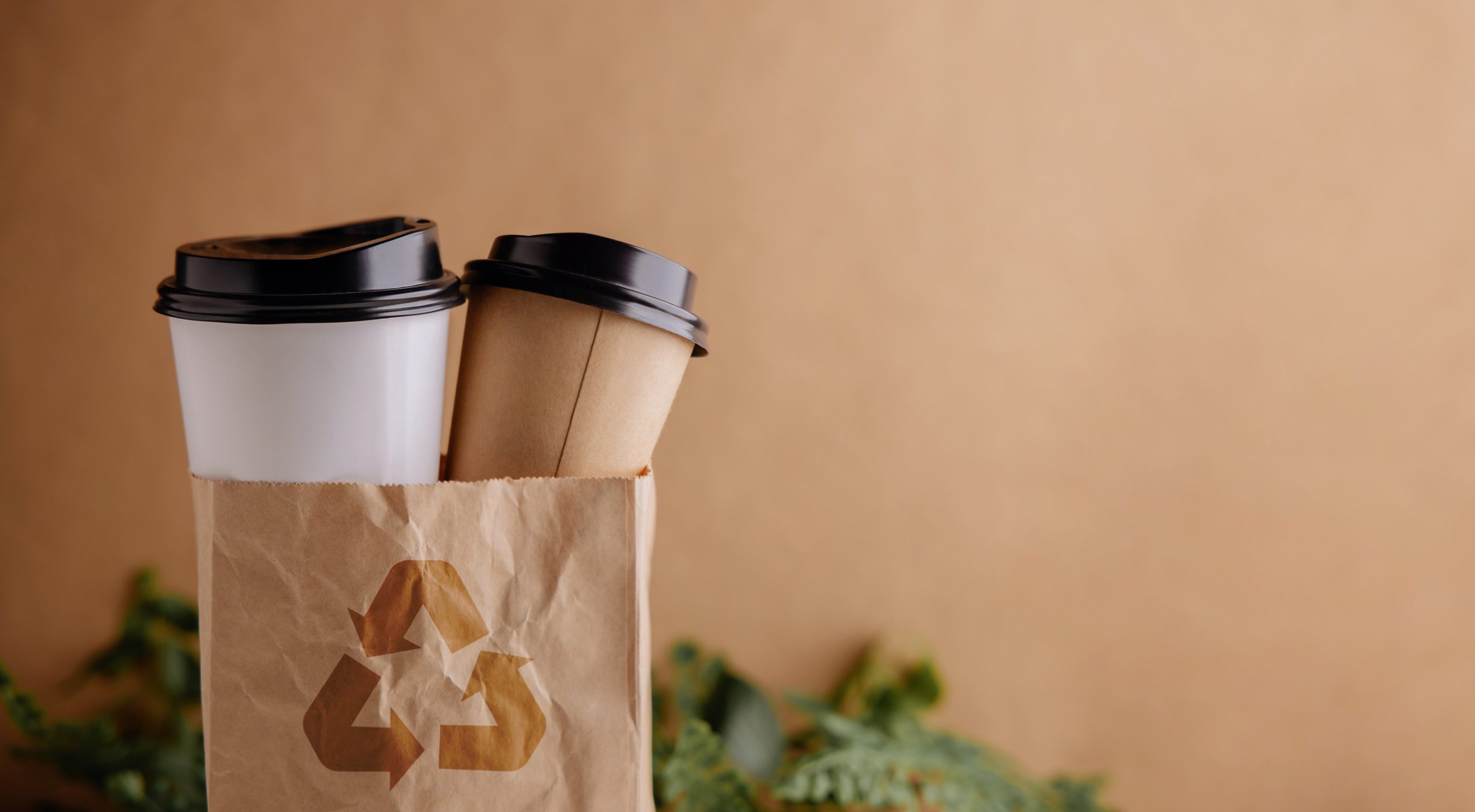
In a world eager to cut waste and reduce plastic, reusable products have become the go-to solution. From metal straws to cloth totes, these items are marketed as eco-heroes. But not everything that’s reusable is truly sustainable. Many of these products carry hidden environmental costs, whether in their production, frequent washing, or short lifespan. Let’s explore seven reusable products that aren’t as green as they seem, so you can make smarter choices for the planet and your wallet.
1. Cotton Tote Bags That Take Hundreds of Uses to Offset Impact
Cotton tote bags seem like a green alternative to plastic, but they come with a surprisingly high carbon footprint. Growing cotton requires vast amounts of water and pesticides, and the energy used in manufacturing adds to the environmental cost. A 2018 study from Denmark found that a cotton tote needs to be reused more than 7,000 times to match the environmental impact of a single plastic bag. Unless you’re truly using one daily for years, the sustainability claim doesn’t hold. Reusable products like totes are only eco-friendly when used consistently and for the long haul.
2. Reusable Coffee Cups That Get Tossed Anyway
Many coffee lovers have switched to reusable cups to cut back on single-use waste, but these products can fall short. Some are made with mixed materials (plastic, silicone, stainless steel) that are difficult to recycle once they wear out. Others are so inconvenient to clean or carry that they’re left at home, making people revert to disposable options. Worse yet, some cafes won’t accept them due to hygiene concerns. The good intention behind these reusable products often gets lost in the reality of daily routines. If you own one, the key is to actually use it, often.
3. Silicone Food Bags That Don’t Last as Long as Promised
Silicone food storage bags have become trendy replacements for plastic zipper bags, promising durability and reusability. But not all brands are created equal—some tear easily, stain permanently, or develop odors after repeated use. In many cases, people throw them away after just a few months. Plus, silicone production still involves energy-intensive processes and petroleum-based chemicals. These reusable products make sense only if you invest in high-quality versions and truly use them long-term.
4. Metal Straws That Use More Resources Than They Save
Metal straws are a popular symbol of sustainability, but their production tells another story. Manufacturing stainless steel involves mining, smelting, and shaping—an energy-heavy process. To balance out the environmental impact, a metal straw needs to be reused hundreds of times. Yet many people lose them, forget them, or stop using them after the novelty wears off. As reusable products go, they only make a difference when they replace many plastic straws over time. If they end up in your junk drawer, they’ve missed the point.
5. Cloth Napkins That Waste Water in the Wash
Cloth napkins are often touted as a sustainable upgrade from paper, but their impact depends on how you use and wash them. Washing and drying cloth napkins consumes water, electricity, and sometimes harsh detergents—especially if they’re washed after every use. If used like paper napkins and tossed into the laundry after a single meal, they quickly become resource-intensive. Reusable products like these work best when you commit to less frequent washing or spot cleaning. Otherwise, the environmental gains get rinsed down the drain.
6. Bamboo Utensils That Aren’t Always Compostable
Bamboo utensils seem like the ideal eco-friendly swap—natural, reusable, and biodegradable. But not all bamboo products are created purely from bamboo; many include resins or plastics that prevent them from fully breaking down. Some are marketed as “reusable” but splinter or crack after a few uses, leading to early disposal. Others are shipped from overseas, adding carbon emissions to their environmental footprint. These reusable products require careful sourcing and proper care to live up to their reputation.
7. Refillable Beauty Products With Hidden Waste
Refillable shampoo, deodorant, and cosmetic containers are gaining popularity in the beauty world. While they reduce packaging waste on the surface, the refills themselves often come in plastic pouches or hard-to-recycle tubes. Shipping small refill quantities frequently can increase emissions as well. Plus, some refill systems are clunky or messy, causing users to abandon them for convenience. For reusable products in the beauty aisle to be effective, the entire system—from refill to recycling—needs to be thoughtfully designed.
Sustainability Takes More Than Just Good Intentions
Reusable products are only as sustainable as the way they’re made, used, and maintained. Owning a shelf full of “eco-friendly” gear won’t help the environment if those items are used inconsistently or thrown away early. Before jumping on the green bandwagon, take a closer look at the entire lifecycle of a product—production, use, and disposal. Choosing fewer, better-made items and using them religiously often has a far bigger impact than stocking up on every reusable option out there. Real sustainability starts with thoughtful habits, not just trendy swaps.
Have you ever bought a reusable product that didn’t live up to its “green” promise? Share your experience—and what you’d do differently—in the comments!
Read More
Top 5 Reusable Grocery Bags to Save Money and the Planet
5 Grocery Items That Are Quietly Recycled From Customer Returns—Including Open Packages
The post 7 Reusable Products That Aren’t As Sustainable As You Think appeared first on Grocery Coupon Guide.







